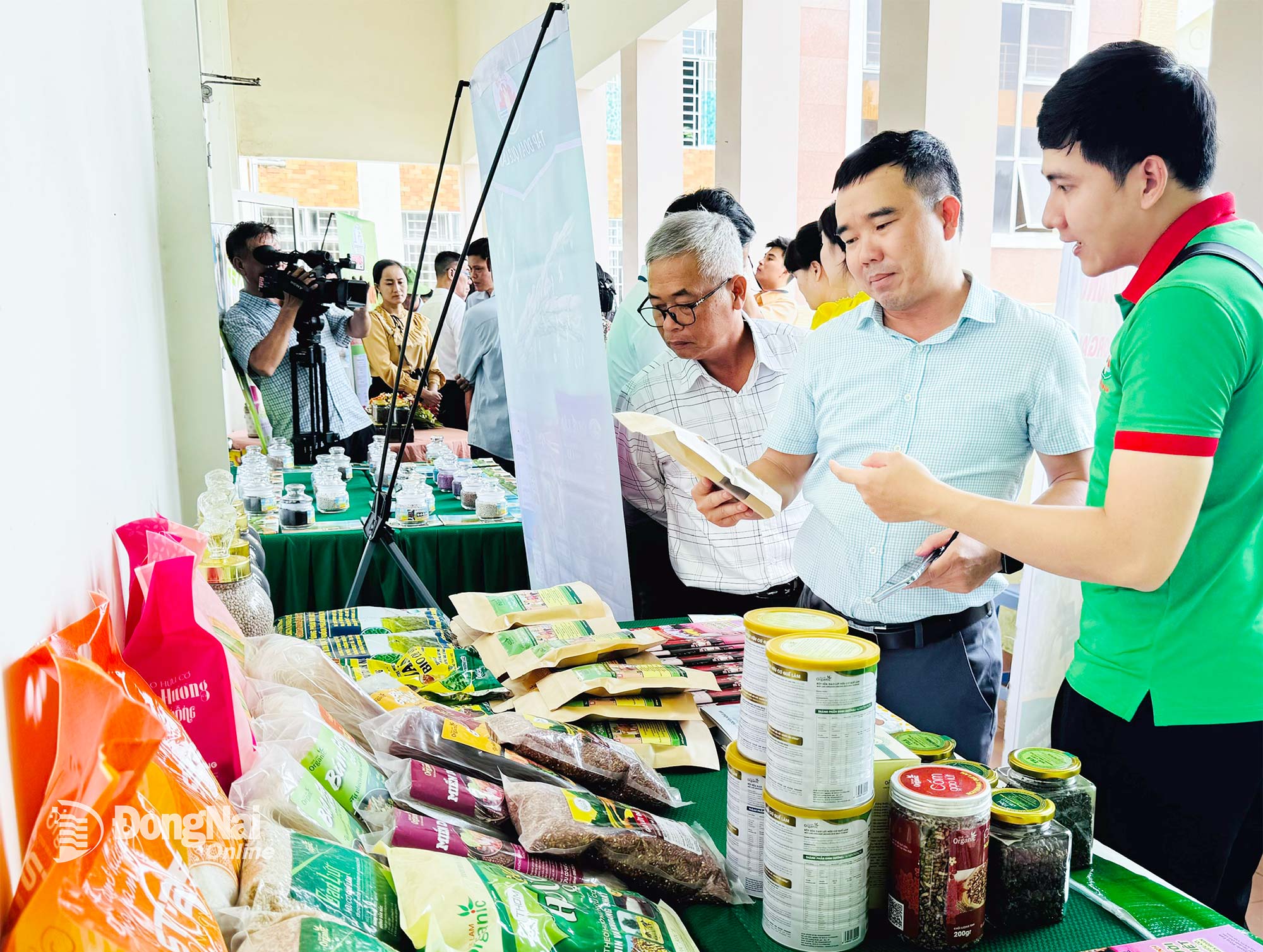 |
| Consumers learn about organic food of Que Lam Group Joint Stock Company ( Ho Chi Minh City) at a trade promotion program in Tran Bien ward. Photo: Binh Nguyen |
Clean food and organic food play a very important role in forming a macrobiotic diet. This consumption trend contributes to changing the production mindset towards organic, meeting organic standards to create a source of quality and safe food.
Variety of macrobiotic products
According to culinary experts, macrobiotics is a method of health preservation through eating to fight against diseases and the risk of harm from foods contaminated with many toxic substances such as growth hormones, pesticides, etc. This nutritional regimen favors foods of natural origin, reduces animal food sources, and replaces them with grains, seasonal natural vegetables, organic foods, or foods produced with few chemical ingredients. A typical example is the Ohsawa macrobiotic diet of Japan, which focuses on using green vegetables, brown rice, nuts, and body-purifying drinks, etc. The macrobiotic diet focuses on eating slowly and chewing thoroughly - a principle that sounds simple but has great effects on the digestive system.
Initially, macrobiotics was considered a trend for those pursuing a natural lifestyle, close to meditation and yoga. But now, this trend is gradually spreading strongly in the community of all ages, in which it is receiving positive response from young people, who want to take care of their health, are highly aware of the environment and a sustainable lifestyle.
Familiar macrobiotic products of domestic consumers are health foods such as: brown rice with sesame salt, cereal powder, seaweed, lotus root, lotus heart... To meet the growing market demand, macrobiotic products are increasingly diverse for consumers to choose from, including: all kinds of brown rice, oats, millet, sorghum, sesame salt, organic vegetables and fruits... In addition to fresh foods, there are also a variety of convenient processed products such as: vermicelli, noodles, vermicelli, rice paper, brown rice flakes, brown rice with seaweed, cereal milk, roasted red dragon rice, roasted rice tea, lotus root tea, herbal teas...
Not only is there a variety of fresh and processed foods for consumers to buy and cook themselves, in Dong Nai province there are many vegetarian restaurants opened to meet the macrobiotic needs of consumers. They not only specialize in vegetarian cuisine but also elevate it to macrobiotic vegetarian cuisine when processing without using additives or artificial foods to simulate the flavor of natural ingredients.
Mr. Nguyen Van Dung , Director of Tam Minh Quang Cooperative: “The cooperative's desire is to become an organization operating in the agricultural sector with heart and vision. Through green, sustainable, safe agricultural products and services, it contributes to improving the health of the Vietnamese people.”
Eat green - live healthy
To meet consumer demand, macrobiotic products sold on the market are diverse from medium to high-end... When choosing macrobiotic products, consumers are increasingly concerned about their origin, source, and quality. Therefore, organic products considered high-end macrobiotics are increasingly preferred by consumers.
Changes in market demand have impacted agricultural production in a green and sustainable direction, including the Organic Production Movement that is spreading in many localities. Tam Minh Quang Cooperative (TAMECO, in Tan Trieu Ward) is one of the leading flags in organic agriculture associated with high-tech application with a production farm scale of more than 35 hectares. Of which, 15 hectares have been certified organic, supplying the market with hundreds of tons of organic food each year. In addition to fresh food, the Cooperative also invests in factories and machinery for preserving agricultural products, from dryer systems, cold storage, grinders to deep-processed products. The Cooperative has many products processed from clean agricultural products such as: banana candy, banana cake, vegetarian dumplings from banana flour, purple rice, purple rice tea... In particular, rice and brown rice are products that the Cooperative invests in, cooperating with farmers to expand the area.
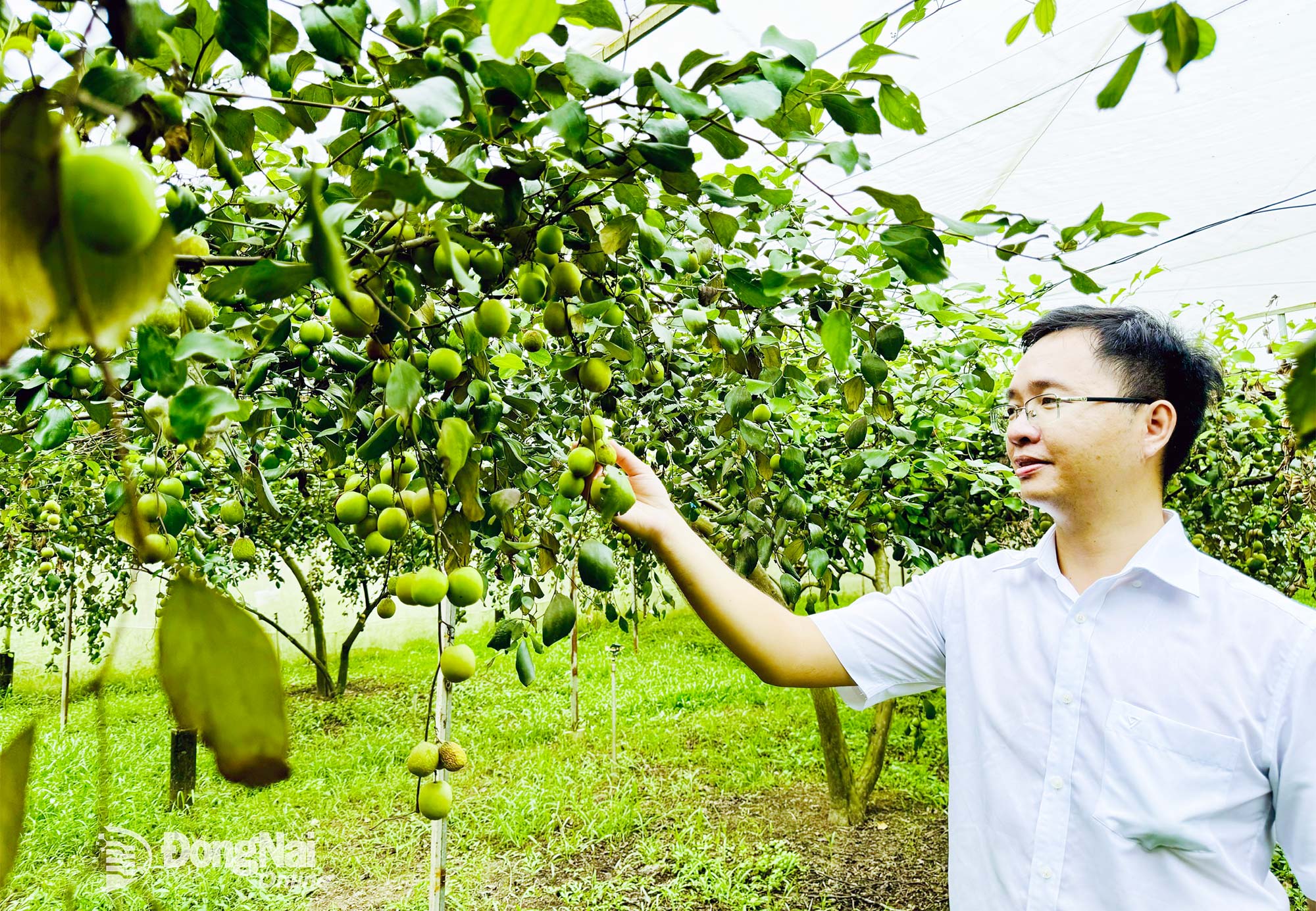 |
| Organic apple garden of Tam Minh Quang Cooperative in Tan Trieu ward. |
Originally a business owner in the mechanical field, Mr. Nguyen Van Dung, Director of Tam Minh Quang Cooperative, switched to agriculture because of his passion for macrobiotics and the desire to contribute to improving food quality with the motto "eat green - live healthy". Mr. Dung said: "I believe that the demand for clean, safe products for health is very large and will be a sustainable direction for the future".
Mr. Dung shared: Currently, cancer as well as other diseases caused by eating are very common, we must eat clean food to protect human health, healthy people need it and sick people need it even more. Besides choosing clean food, we also need to eat properly and eating a nutritious diet is the long-term foundation to improve human health, especially those with underlying diseases because human needs do not need to eat too much, especially the current protein consumption is too much.
Over the past years, Que Lam Group Joint Stock Company (Ho Chi Minh City) has cooperated with Dong Nai province to implement many organic farming and livestock models with a variety of products: rice, fruit trees, pig farming, etc.
Mr. Nguyen Hong Lam, Chairman of the Board of Directors of Que Lam Group Joint Stock Company, Chairman of the Vietnam Circular Agriculture Association, said: The Group cooperates with many localities in Dong Nai to develop organic farming and livestock models. Dong Nai has the advantage of large land and favorable weather. In particular, the provincial agricultural sector is very interested and enthusiastic about developing organic agriculture. Dong Nai farmers are very good, hard-working and cultivate many specialty crops and do very well.
According to Mr. Lam, circular agriculture is not something complicated, but starts with simple things like cutting grass and using microorganisms to compost it into fertilizer. Farmers can take advantage of organic household waste, agricultural by-products, and fertilizer sources in livestock farming, applying microbiological technology to make organic fertilizer. In addition, the company has a technical team that goes to the garden to guide farmers.
Binh Nguyen
Source: https://baodongnai.com.vn/dong-nai-cuoi-tuan/202508/thi-truong-thuc-duong-san-pham-voi-xu-huong-an-sach-song-khoe-06e04de/


![[Photo] Prime Minister Pham Minh Chinh launched a peak emulation campaign to achieve achievements in celebration of the 14th National Party Congress](https://vphoto.vietnam.vn/thumb/1200x675/vietnam/resource/IMAGE/2025/10/5/8869ec5cdbc740f58fbf2ae73f065076)


![[Photo] Prime Minister Pham Minh Chinh chairs the Government's online conference with localities](https://vphoto.vietnam.vn/thumb/1200x675/vietnam/resource/IMAGE/2025/10/5/264793cfb4404c63a701d235ff43e1bd)


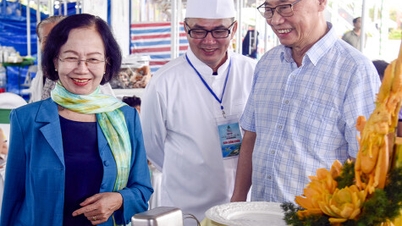

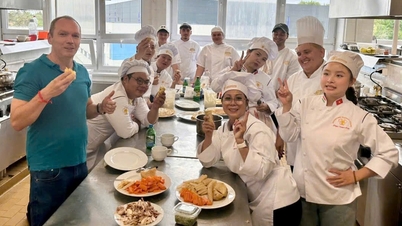

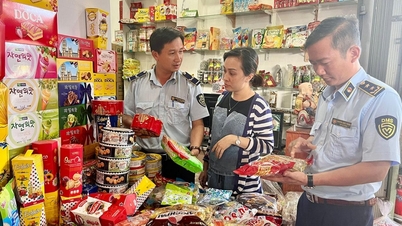



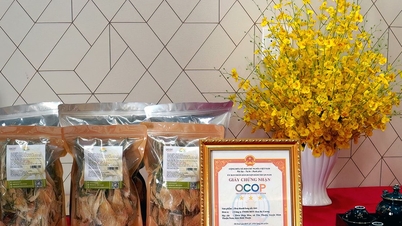

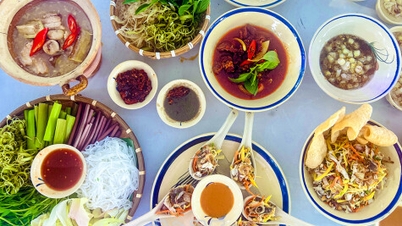
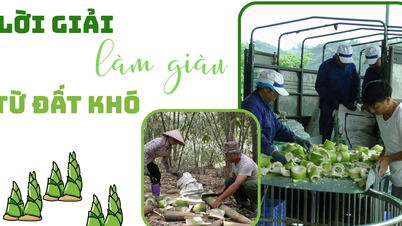


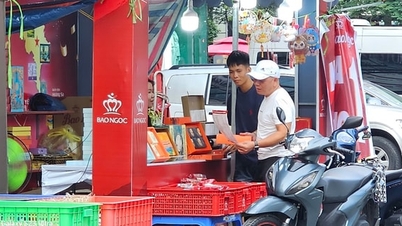











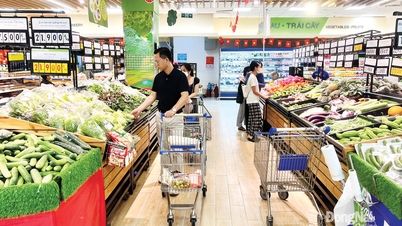
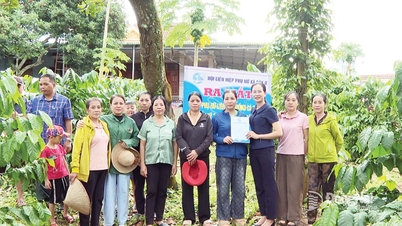
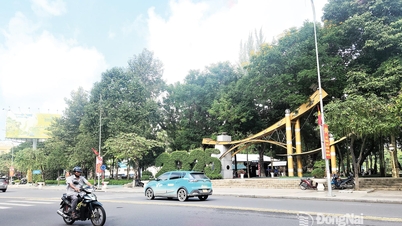



























![[VIDEO] Summary of Petrovietnam's 50th Anniversary Ceremony](https://vphoto.vietnam.vn/thumb/402x226/vietnam/resource/IMAGE/2025/10/4/abe133bdb8114793a16d4fe3e5bd0f12)

![[VIDEO] GENERAL SECRETARY TO LAM AWARDS PETROVIETNAM 8 GOLDEN WORDS: "PIONEER - EXCELLENT - SUSTAINABLE - GLOBAL"](https://vphoto.vietnam.vn/thumb/402x226/vietnam/resource/IMAGE/2025/7/23/c2fdb48863e846cfa9fb8e6ea9cf44e7)














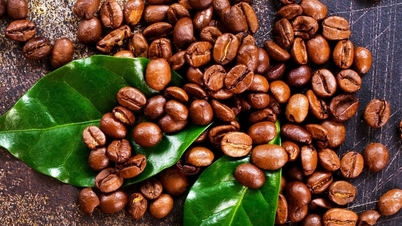



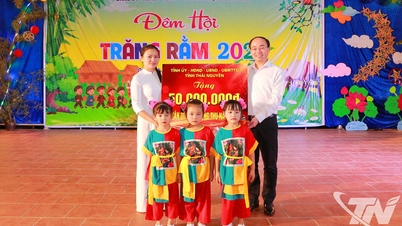


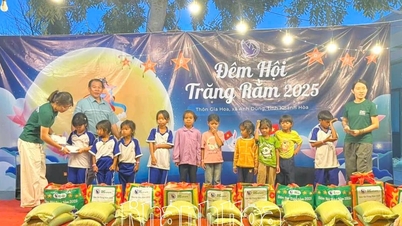













Comment (0)